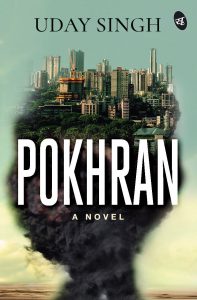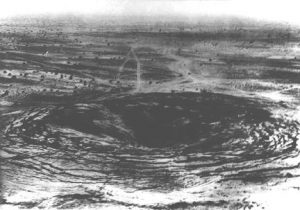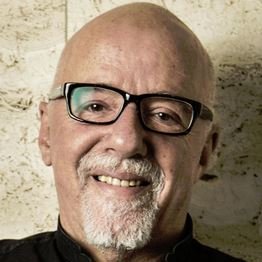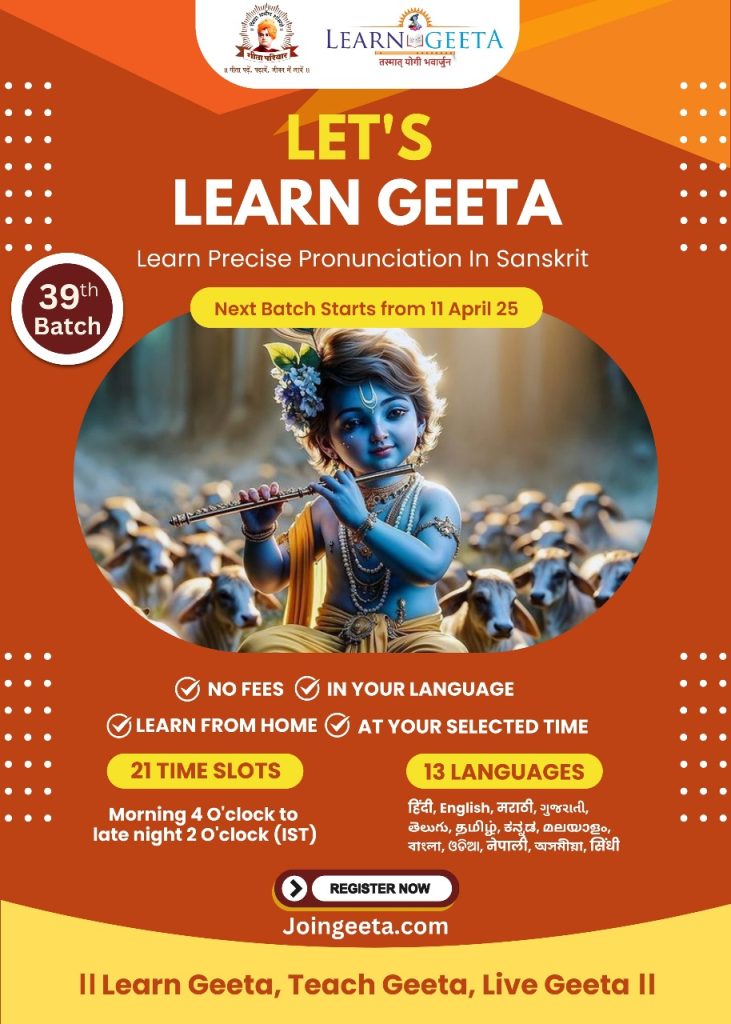Barren surroundings of nuclear test site motivated me to write Pokhran: Uday Singh
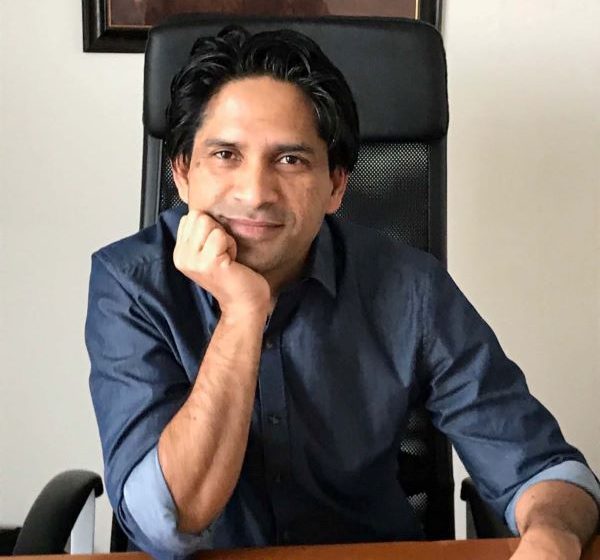
For us Indians, Pokhran means the site of the country’s first nuclear tests. But what many don’t know is that this village in Rajasthan’s Jaisalmer district had to face the lasting negative impact as a result of these tests. Why? Because this went largely unreported by the media.
Economist-engineer-philosopher Uday Singh has debuted as an author with a book titled Pokhran in which he blends real life events with fictional characters and explores the conspiracy surrounding the radioactive fallout. Releasing today (July 15, 2020), the novel is an exceptional journey of revenge, courage and above all, the unbeatable human spirit.
In a chat with Saurabh Tankha, Singh says he finds those living in Pokhran fascinating because they are resilient and find happiness in life amid all odds.
Excerpts:
When did you decide to pen Pokhran?
The seed was planted about eight years back when I visited Pokhran. The story around it continued to evolve and take shape in my mind as time passed, and as I got to meet more people and borrow from my own experiences. For about three to four years, the story stayed in my head. I made no conscious effort to add to the story or refine it; the story just seemed to organically grow while I went about my life. During this time, I was travelling quite a bit across the continents and interacting with people. Those travels also helped add richness and interesting characters into the storyline.
But all this while, I wasn’t certain if I would take a shot at writing down the full story. This may sound weird but this story almost wrote itself — there was no significant attempt on my part towards this.
It took me over a year (in fits and bursts) to get the first version of the manuscript ready. And being a first-time author, the process of getting the book edited and published took close to three years. The publishing process, an interesting journey in itself, connected me with some of the most interesting folks who are equally passionate about books and stories.
Was weaving a story around a real life incident tough?
Pokhran is built on real life events. As long as I am thinking about or writing fiction (whether or not it is based on real events), the only constraint that will limit the flow of the story is having a preset ending or objective to be captured or communicated through the story. A real event has a lot many details, most of which, especially the human element, usually go unreported. Fiction, built around real events, offers a great canvas to paint the human aspects surrounding it in rich details. In fact, incorporating surrounding details to the Nuclear test is what I enjoyed the most while writing Pokhran.
Does it have the stories of local people?
I have been to Pokhran and other places of Rajasthan multiple times. I spent a lot of time interacting with families in and around Pokhran. Though I had not thought about writing this book at that time, it were those interactions, my affinity to the desert, and the barren surroundings of the nuclear test site that motivated me to write this story.
What I find fascinating about people who live in Pokhran is their resilience and their ability to find happiness amid all odds. It is a place with dry sand all around, temperatures go beyond 50 degrees Celsius; add to it the spectre of the nuclear fallout (which most folks are quite oblivious to). They seem to take all that in their stride while focussing on the positive and leading fairly content lives.
Having said that, the stories of folk from Pokhran are integral to the plot, along with other interesting characters that left an indelible mark on me. I found the whole process to be quite organic and natural, in terms of how different places and characters found their right place in the storyline.
You don multiple hats. Which one do you love the most?
For most part of my life, I tried to conform to the ‘popular belief’ that focussing on one activity is key to success. It is only a few years back that I started looking at life, and the things that I enjoy, slightly differently. So, I would say I love each of these roles because I can’t stick to any particular one for any length of time. Also, having multiple roles allows me to switch from one activity to the other, when the prior activity gets boring or tiring or reaches a state where I feel like taking a break from it.
Any author who inspired you to write? And why?

Paulo Coehlo — both for his ability to capture the ‘je ne sais quoi’ in his book The Alchemist and for leading a life on his own terms and not following any predefined script (either by his parents or the society around him).
Which is the most important part of a book?
For me, the one thing that I like to walk away with after reading a book (and usually I don’t get into a book expecting it) is the feeling of having been transported and maybe transformed into a better version of myself. Transported to a different world and to have lived in the shoes of the author while allowing my imagination to paint the sets and scenery where the story is set. Transformed my thinking in a way that hopefully expands my horizons and I begin to see things slightly differently than I did before reading the book.
What does it take to be a good storyteller?
To spin an interesting yarn – I am fascinated by the totally different ways some great authors/ storytellers accomplish that. It is that transcendental quality or the je ne sais quoi, that some authors bring to their books, which is hard to describe. One of the best storytellers in my life was my grandma. And if I were to reflect back on her stories and try to extract her process of telling a story, it would be her ability to set the scene and create a situation that is a clear and present danger. Once that is set, she would take her own sweet time to fill in interesting details while at the same time, the main characters are trying to go about their lives while avoiding the imminent danger.
Rapid Fire
Fiction or non-fiction
Both, strictly driven by my moodFavourite childhood book
Jonathan Livingston SeagullFavourite childhood author
Richard BachFavourite book now…
The Alchemist (fiction) and Breaking the Spell (non-fiction)Favourite author now
Daniel DennettYou are, at present, reading
Why Nations Fail (non-fiction)


